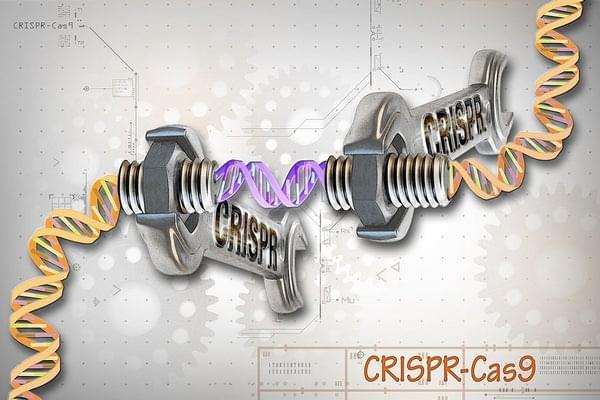A letter was recently published in Nature on 329,000 young people identifying 74 genetic variants—spelling mistakes in single nucleotides in the six billion letter human genome—which can be used to predict nearly 20 percent of the variation in school years completed, a quantitative trait of fortitude which is correlated to general intelligence, and which you can learn about by sequencing your own genome.
Staple that to your college application.
Even before the “molecular age,” we were on guard for the slightest tips that show we are more or less valued than our peers. But there was also caution from the academics that there was actually very little we could do to leverage our biology for improvement. In 1924, the Harvard geneticist William Castle quipped that “we are scarcely as yet in a position to do more than make ourselves ridiculous in this matter. We are no more in a position to control eugenics than the tides of the ocean.”
